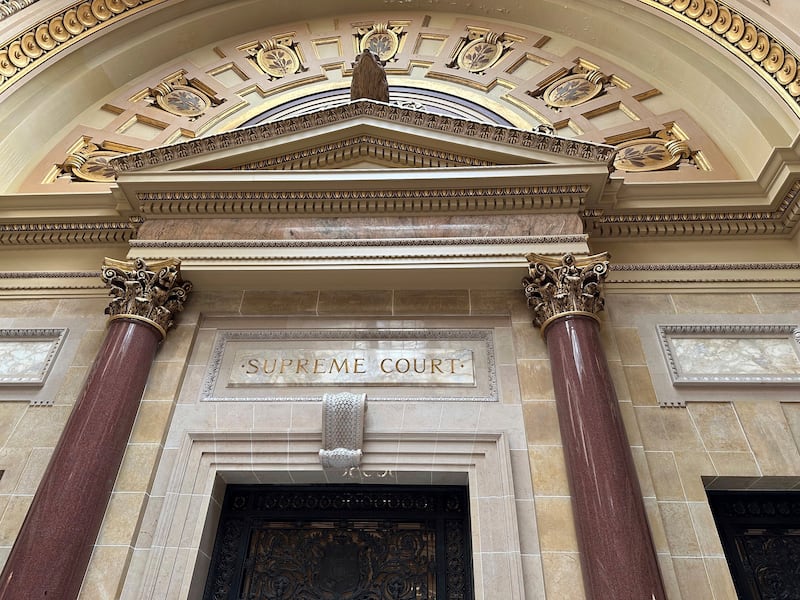Wisconsin state officials say Catholic Charities Bureau, a nonprofit network of social service organizations run by the Catholic Church, isn’t sufficiently religious to qualify for a state religious exemption from employment tax laws.
Now, instead of extending the exemption, state officials are proposing to eliminate it entirely, a move that would affect not only Catholic Charities, but all faith-based organizations in Wisconsin.
In March 2024, the Wisconsin Supreme Court ruled that Catholic Charities did not qualify as being “operated primarily for religious purposes,” pointing out that its programs serve people of all faiths and none, and that it does not engage in proselytizing.
Four months later, the U.S. Supreme Court unanimously rejected that reasoning, ruling that Wisconsin had wrongly claimed Catholic Charities’ work with the poor wasn’t religious enough to merit an exemption.
Writing in the court’s opinion in Catholic Charities Bureau v. Wisconsin Labor & Industry Review Commission, Justice Sonia Sotomayor said the state had violated federal law by favoring some expressions of faith over others.
“It is fundamental to our constitutional order that the government maintain ‘neutrality between religion and religion,’” she wrote in the decision. “There may be hard calls to make in policing that rule, but this is not one.”
The case has now returned to the Wisconsin courts, but with a proposal that would have far wider impacts.
On Oct. 22, Wisconsin’s attorney general, in a brief, suggested the state’s Supreme Court discontinue the religious exemption.
“The Court did not prescribe a particular remedy,” Josh Kaul, the state’s attorney general, wrote. “Discrimination is cured by restoring equal treatment, which can be accomplished here in one of two ways: either by expanding the statutory exemption to groups like Catholic Charities or else by eliminating it altogether.”
He noted that getting rid of the exemption would “avoid collateral damage to Wisconsin workers while still curing the discrimination the U.S. Supreme Court identified.”
Becket, a religious liberty law firm that helped represent Catholic Charities Bureau, filed a brief in response, asking the Wisconsin Supreme Court to comply with the Supreme Court decision and grant Catholic Charities a religious exemption.
“If permitted to eliminate the exemption entirely, Wisconsin would harm not only Catholic Charities but also churches, synagogues, mosques, and other ministries that depend on the same exemption,” Becket’s press release said.
“The idea that a Catholic ministry serving those in need isn’t religious was always absurd,” said Eric Rassbach, vice president and senior counsel at Becket, in a statement. “That’s why the Supreme Court unanimously rejected Wisconsin’s arguments and protected Catholic Charities. Trying to wriggle out of a 9-0 loss is even more absurd. The state should take the L and move on.”
The dispute began in 2016, when Catholic Charities requested a religious exemption from the state’s unemployment tax program so it could participate instead in the Catholic Church’s own unemployment system. Wisconsin law allows organizations “operated primarily for religious purposes” to be exempt from paying into the state system.
When the Department of Workforce Development denied the request, Catholic Charities and several affiliated organizations sued, arguing that the denial violated their religious freedom.


